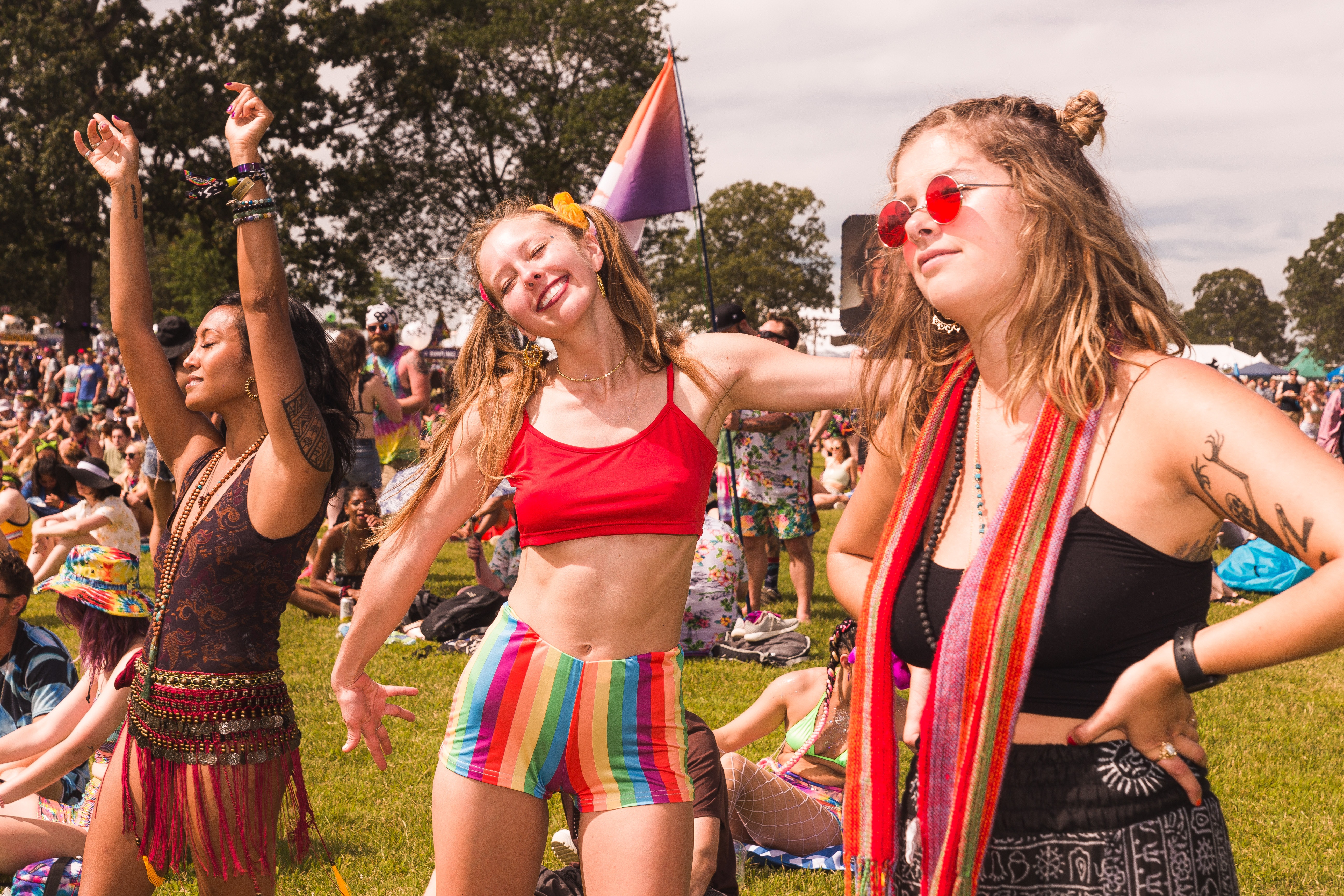Preventing Discrimination Breaches on Music Festival Sites.

Despite the best efforts of festival organisers there are still cases of discrimination taking place at music festivals, both reported and unreported. Western countries do have strict laws regarding every type of discrimination giving anyone on the receiving end some legal redress, however, what practical steps can organisers take to prevent discrimination on festival sites.
Discrimination comes in many forms and can affect anyone but is often focussed against minority groups. Various laws have been enacted in the UK with the primary Act being the Equality Act 2010 which includes discrimination on the grounds of citizenship, race, place of origin, ethnic origin, colour, ancestry, disability, age, creed, sex/pregnancy, sexual orientation, gender identity or gender expression. This can be a complex law to interpret and determine if any offence has been committed. It is up to the festival organisers to determine what actions they can take to prevent the most common types of discrimination that take on a festival site.
Visible Code of Conduct.
Having a published code of conduct that is clearly visible when festival-goers are purchasing tickets can reinforce what is and is not acceptable behaviour. Agreement to any published code of conduct can form part of the terms and conditions of sale. Most codes of conduct policies practice zero-tolerance against harassment or discrimination of any kind which typically may include:
- Acts of physical assault or battery.
- Verbal abuse.
- Racial or ethnic slurs.
- Groping, sexual assault, or unwanted sexual remarks.
- Unwelcome attention or physical contact.
- Stalking.
- Threatening language
Any breach of a published code of conduct can include removal from the site or involvement of locally stationed police for further action.
On site Help and Enforcement.
It is essential that all staff and volunteers are fully trained to understand common acts of discrimination seen at music festivals. All festival-goers should be encouraged to speak up if they witness any unacceptable behaviour too. In addition, trained security personnel should know when to intervene and take further action including involvement of the police if necessary. Festival organisers can create a specific hotline for festival-goers to call and report any incidents that can be answered by a trained team who know what steps to take and how to escalate further. Roaming help and enforcement volunteers can provide more immediate help where necessary for the duration of the event.
The Safe Space Concept.
Many festival organisers now create safe spaces for anyone feeling threatened by unacceptable behaviour and are popular with festival-goers who identify as female and feel threatened by others. Whilst this idea doesn't necessarily promote inclusiveness on a festival site it does solve part of the problem that some experience.
Acceptance of any code of conduct and enforcement regarding discriminatory behaviour should apply to all site visitors irrespective whether they are musicians, press, staff, volunteers, security or festival-goers.
For festival organisers planning their events using a software management platform like Festival Pro gives them all the functionality they need manage every aspect of their event logistics. The guys who are responsible for this software have been in the front line of event management for many years and the features are built from that experience and are performance artists themselves. The Festival Pro platform is easy to use and has comprehensive features with specific modules for managing artists, contractors, venues/stages, vendors, volunteers, sponsors, guestlists, ticketing, cashless payments and contactless ordering.
Photo by Wendy Wei via Pexels
<< Back to articles
Contact us
Get in touch to discuss your requirements.
US: +1 424 485 0220 (USA)
UK: +44 207 060 2666 (United Kingdom)
AU: +61 (2) 8357 0793 (Australia)
NZ: +64 (0)9887 8005 (New Zealand)